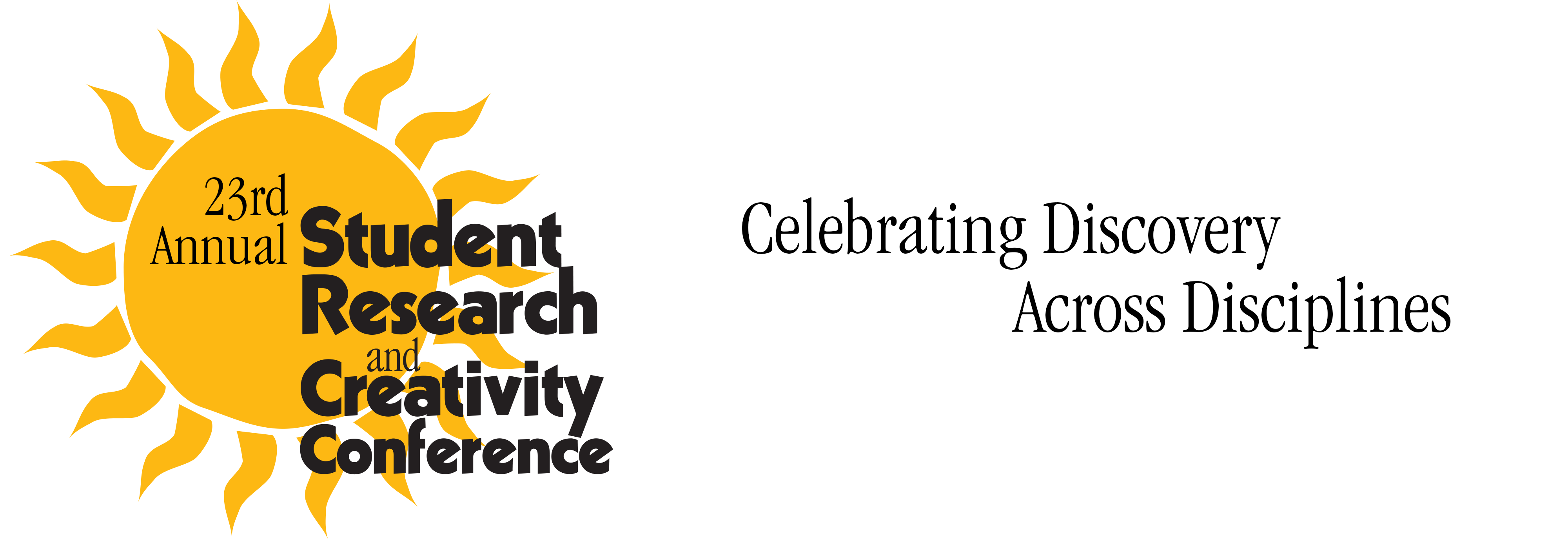Files
Download Full Text (551 KB)
Description
Karla Dobozin, Victoria Florczak, Anthony Kowalski, Justin Anderson, CWP102: Argumentation and Research
Faculty Mentor(s): Professor Susan Mary Paige, Academic Success, Professor Jane Sullivan, College Writing Program
More people have been forced to stay in their homes for long periods during the COVID-19 pandemic. There is often not much else to do other than using the technology available to us to entertain ourselves. Social media has become a staple in many people's lives, more specifically, to teenagers in the thirteen to nineteen age range. Adult predators troll on social media with fake identities. Reports have identified countless numbers of fake accounts run by predators. With the current pandemic situation, we can assume the use of social media has increased exponentially. It is a well-established belief that social media is often an easy access point for predators preying on teenagers for sex trafficking. The question we intend to explore is: Has the increase in social media usage, because of COVID-19, led to more sex trafficking cases? We focus on how COVID-19 has impacted social media sourced sex trafficking and use our research to explore whether COVID-19 and the increase in social media correlates with the increase of sex trafficking teenagers. After obtaining IRB approval: (a) we use a sample of convenience of first-year students on an urban four-year college campus to ascertain how many of them are on social media platforms and self-report their possible increase usage, (b) we ask if they have had encounters in which they felt they were in danger or were being groomed, and (c) how they responded to the incident.
Publication Date
2021
Recommended Citation
Dobozin, Karla; Florczak, Victoria; Kowalski, Anthony; and Anderson, Justin, "Social Media and COVID-19: A Source to Sex Trafficking" (2021). Psychology and Social Sciences. 17.
https://digitalcommons.buffalostate.edu/srcc-sp21-psychsocsci/17




